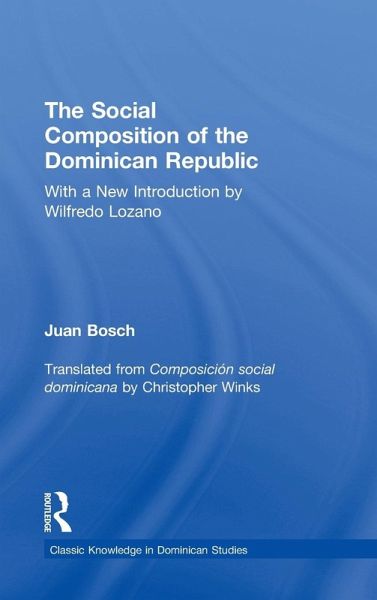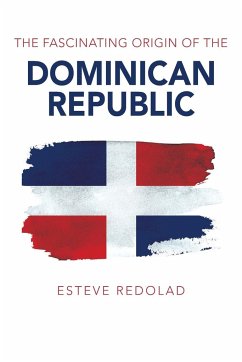
Social Composition of the Dominican Republic
Versandkostenfrei!
Versandfertig in 1-2 Wochen
181,99 €
inkl. MwSt.
Weitere Ausgaben:

PAYBACK Punkte
91 °P sammeln!
Social Composition of the Dominican Republic, first published in 1970 in Spanish and translated into English here for the first time, discusses the changing structure of social classes in Dominican society from the first encounter between Europeans and Natives through to the mid-20th century.














